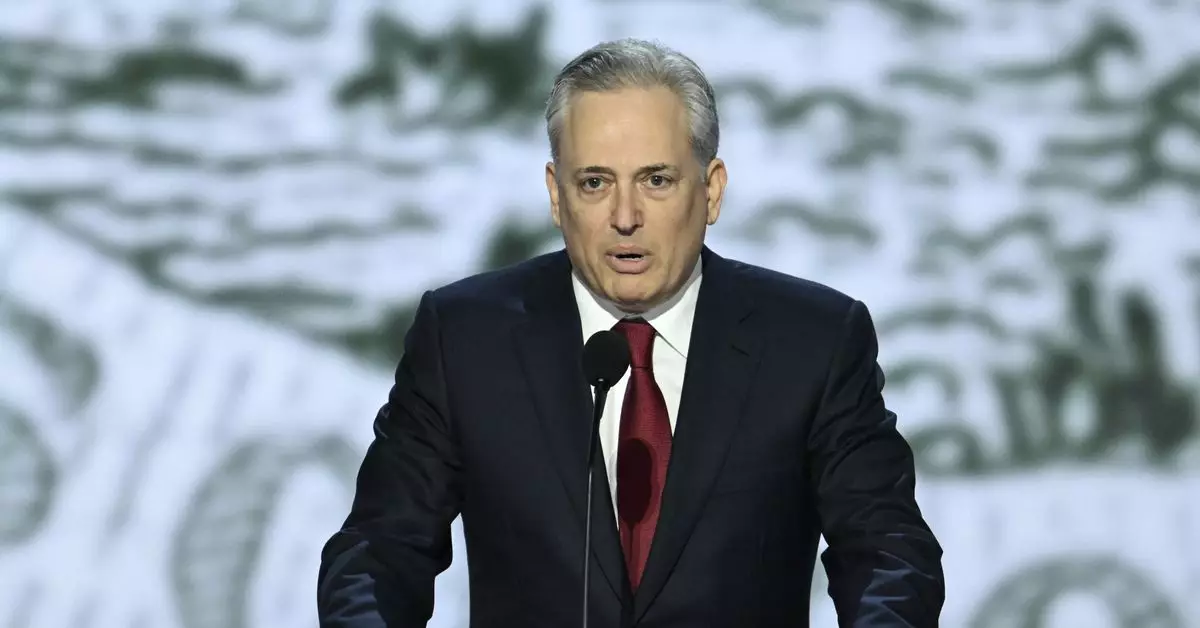The appointment of David Sacks as the “White House A.I. & Crypto Czar” marks a significant moment in President-elect Donald Trump’s administration. Sacks, a founding member of the PayPal Mafia and well-known in the tech world, steps into a role that links emerging technologies with government policy at a time when artificial intelligence and cryptocurrency are gaining momentum. His recent $300,000-a-head fundraising dinner for Trump indicates not only his financial influence but also a deeper ideological alignment with the administration’s vision for these transformative sectors.
Trump’s choice seems strategically aligned with his goal of positioning America as a leader in technology and innovation. By appointing Sacks, whose portfolio includes high-profile startups and public advocacy for less government intervention in tech sectors, the administration aims to attract investment and foster an environment conducive to growth in artificial intelligence (A.I.) and cryptocurrency. This appointment raises questions about the overarching theme of tech regulation and the balance between promoting innovation and ensuring consumer protections.
Moreover, Sacks being designated as a “special government employee” allows him some latitude in managing his personal assets while participating in policymaking. This dual role of private-sector entrepreneur and public servant could create both opportunities for cutting-edge policies and potential conflicts of interest, which merit careful scrutiny.
In his new roles, Sacks is expected to foster a legal framework that provides certainty to the crypto industry, which has long faced regulatory ambiguity. This could significantly impact major players in the market, from established cryptocurrency exchanges to budding blockchain startups seeking to gain a foothold in the U.S. The development of an open framework may also attract international investments, bolstering the U.S. economy alongside technological advancements.
Simultaneously, Sacks is tasked with safeguarding online free speech and combating perceived biases from major tech companies. This is a critical issue that resonates with many Americans who feel their voices are stifled in an increasingly digital world. However, the challenge lies in balancing the promotion of free expression while minimizing the spread of harmful misinformation, a topic that divides policymakers and technologists alike.
The appointment of Sacks signifies a broader trend of intertwining the tech industry with governmental oversight and regulatory efforts. This resonates across the political spectrum, as leaders grapple with how to harness the power of digital innovation while ensuring ethical standards and societal well-being. Sacks’ history and connections within Silicon Valley place him at a crossroads of entrepreneurship and governance—an intersection that, if navigated successfully, could redefine America’s technological identity.
The trajectory of Sacks’ endeavors will not only shape the landscape of A.I. and cryptocurrency in America but will also resonate across global markets. As these fields evolve, the effectiveness of his policy initiatives will determine whether the U.S. maintains its leading role in technological advancement or risks falling behind in the rapidly changing digital frontier.

